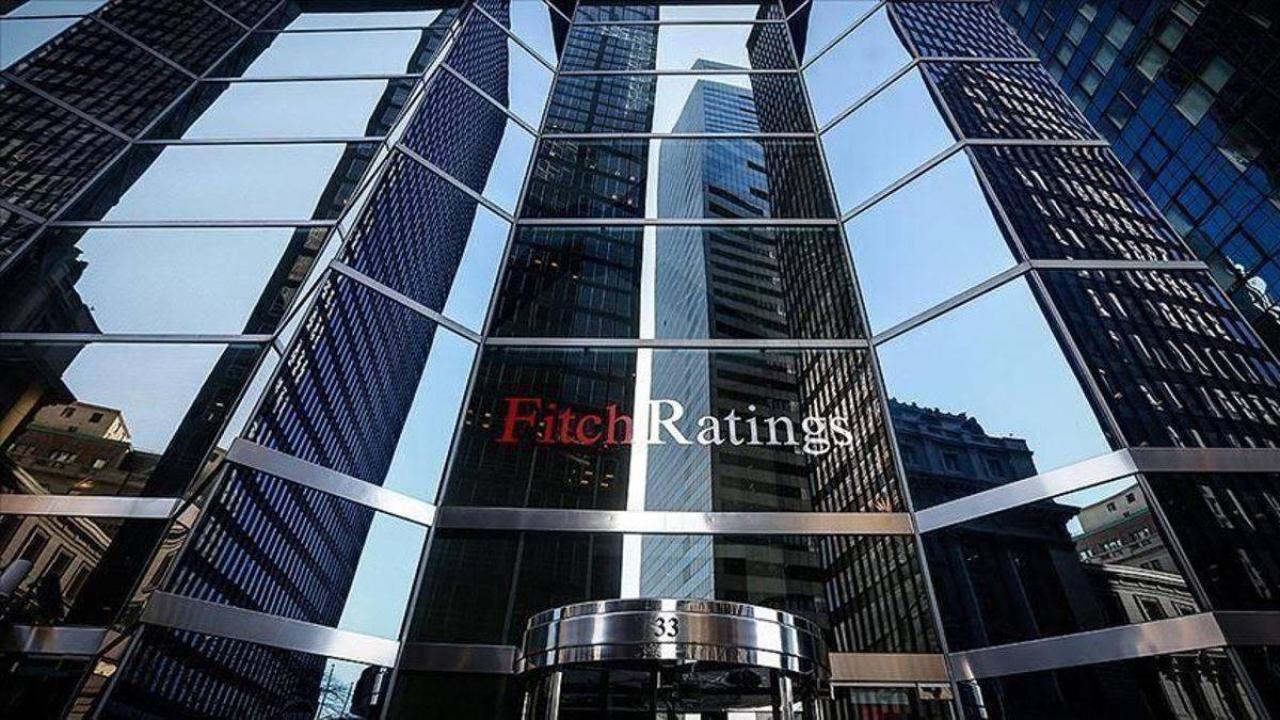BAKU, Azerbaijan, June 17. The ongoing military conflict between Iran and Israel has heightened geopolitical and security risks in the Middle East, with potential adverse effects on some sovereign credit profiles if the violence escalates or spreads, Fitch Ratings said in its latest assessment, Trend reports.
Brent crude prices have surged to around $75 per barrel from approximately $65 before the conflict began. Fitch expects the geopolitical risk premium embedded in oil prices to remain contained between $5 and $10 per barrel. “Material disruption to Iran’s production or export infrastructure would add more upward pressure to prices,” Fitch analysts noted.
However, even in an unlikely scenario where all Iranian crude exports are lost, global oil markets could adjust. “Spare capacity from OPEC+ producers, which currently stands at about 5.7 million barrels per day, could replace Iranian output,” the report states. Iran produced approximately 3.3 million barrels daily in 2024, according to OPEC figures.
Higher oil prices may prove beneficial for regional oil producers, boosting fiscal and external revenues, particularly if they increase output to offset reduced Iranian exports.
Fitch also highlighted the risk of escalation beyond the immediate Iran-Israel conflict. “It is possible that the Houthi forces in Yemen could intensify attacks in support of Iran,” the agency warned. Such escalation could worsen disruptions to regional shipping lanes, including through the Suez Canal, which has yet to recover fully from earlier Houthi attacks in 2024. This would adversely affect Egypt’s canal revenues.
Beyond shipping, regional tourism and air traffic may decline. Jordan’s tourism sector, for instance, “is likely to suffer a renewed drop in European visitors, with negative effects on economic growth and fiscal receipts,” Fitch analysts said.
Nevertheless, Fitch indicated that if the conflict remains contained within the current scope, these risks “are likely to be contained and are unlikely to drive rating changes.”
The agency cautioned against underestimating Iran’s possible responses: “An Iranian strike against US-related targets in the Gulf, including military bases within the Gulf Cooperation Council, cannot be ruled out.”
In more severe scenarios—such as a broadening regional conflict or disruption to shipping through the Strait of Hormuz—oil prices could remain elevated for an extended period, intensifying pressures on sovereign credit profiles. “Such negative repercussions could outweigh any benefits from higher oil prices,” Fitch said, though it views these outcomes as unlikely at present.







